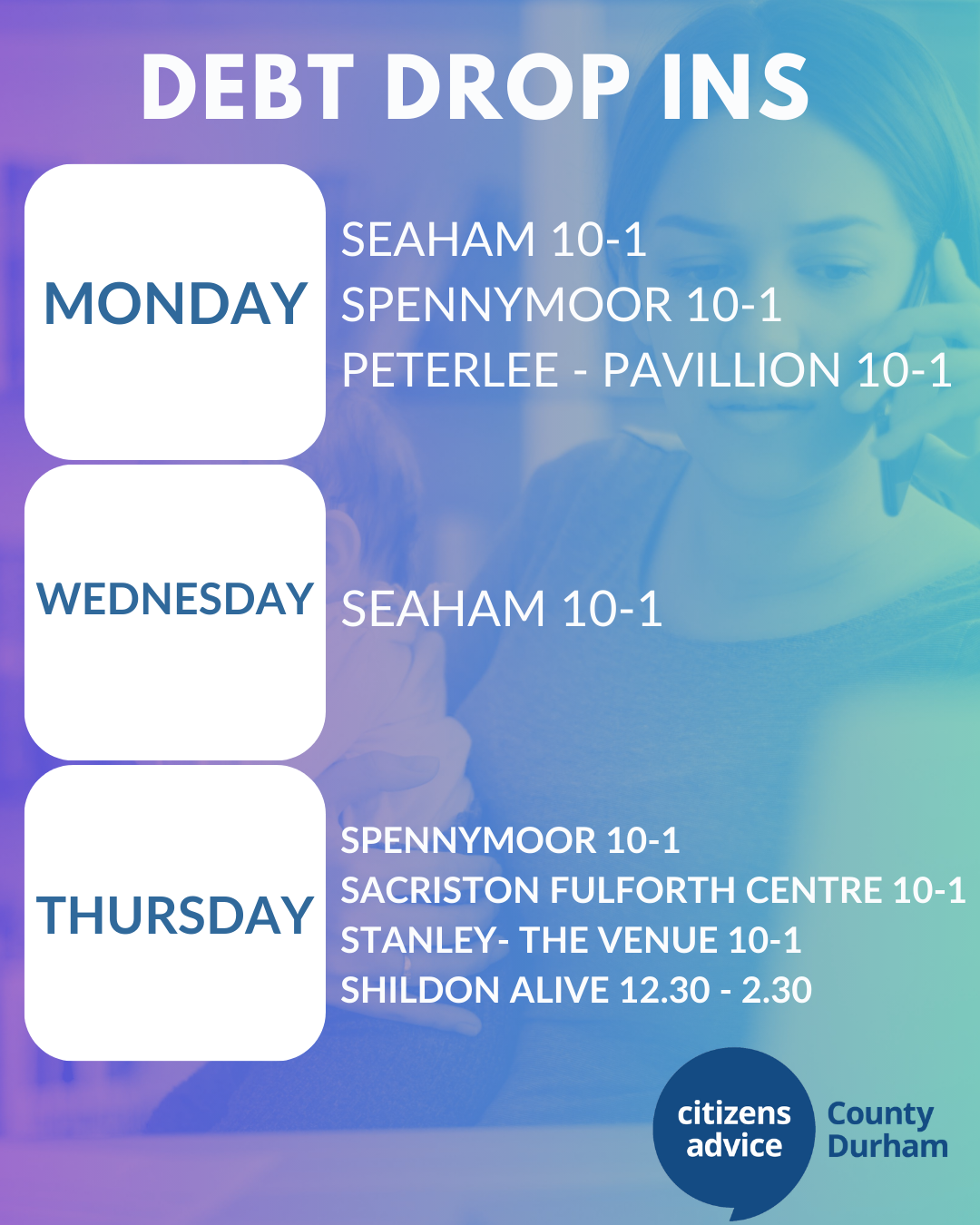Got money worries?
Got money worries? Pop along to one of our drop in sessions to see a debt advisor or scan the…
Read article
August 14, 2023
Knowing how to be smart with your money can be hard. Here’s 5 simple things you can do today to be smarter with your money.
1 . Make a budget
Making a budget is the single most useful thing you can do to take control of your money. It helps you see where your money is going, makes it easier to pay bills on time, save money for the things you want, prepare for emergencies and plan for the future.
A budget is a list of all the money you have coming in and everything that is going out. You can make a budget for any period that suits you, for example, weekly, monthly or yearly.
You can choose to make a budget on paper using pen and paper, or a free printable template. You can keep it on a spreadsheet like this free one from The Money Saving Expert. You can make a budget on your phone, in fact, lots of banks now offer budgeting support in their apps. Plus the arrival of open banking has led to the release of more apps to help you budget than ever before. If you’d prefer not to use an app, Citizens Advice provides a tool to help you work out your budget and so does MoneyHelper.
2. Set some cash aside whenever you can
With the increasing cost of living, it can seem difficult to save, and what you can put away will depend on your available income. That said, it’s a good idea to regularly put some money aside for unexpected costs that could otherwise cause money problems. Building an emergency fund whatever the size could help you cope with unexpected changes and avoid getting into debt.
Here are a few ideas to help get you started
If you don’t have any spare money after your outgoings, keep an eye out for opportunities to cut back on nonessential areas of your budget. For instance, if you realise there’s a subscription you’ve not used cancel it and apply the difference to your savings account.
3. Have a regular ‘money day’
Regularly setting aside time to sort your paperwork and look at your money can help you feel more confident and in control of your cash. Take a pause to look at your budget and your recent spending, plan for any events that might be coming up and look at what changes you could make in future. Look over your budget, compare it to what you’ve actually spent then ask yourself the following questions:
4. Be smart with credit and borrowing
Whenever you take out a loan, overdraft, credit card, phone contract or use a buy now pay later service you are actually agreeing to a legal contract called a credit agreement. Used responsibly, credit and borrowing can help people spread the cost of larger purchases and build a credit history that can make it easier to access cost-effective borrowing in the future. But failing to manage credit responsibly can affect your credit rating and ability to access borrowing in the future. It can also lead to increased risk of:
There are a few questions that everyone should ask when considering credit and borrowing:
5. Know where to go for support when you need it and don’t put off seeking help
We can all face problems that seem complicated or intimidating. At Citizens Advice we believe no one should have to face these problems without good quality, independent advice.
That’s why we’re here: to give people the knowledge and the confidence they need to find their way forward — whoever they are, and whatever their problem.
You can find lots of information on our website and our network of independent charities offers confidential advice online, over the phone, and in person, for free. When we say we’re for everyone, we mean it. People rely on us because we’re independent and totally impartial.
If you’re having a problem, you don’t have to deal with it all by yourself and more often than not the smartest thing you can do is to seek some advice as soon as possible. You can find details of how to contact Citizens Advice on our website but we’ve also included details below of other organisations that can offer help and support.
Categories: Advice

Got money worries? Pop along to one of our drop in sessions to see a debt advisor or scan the…
Read article
At Citizens Advice, we believe everyone deserves fair treatment at work. Whether you’re just starting a new job, returning after…
Read article